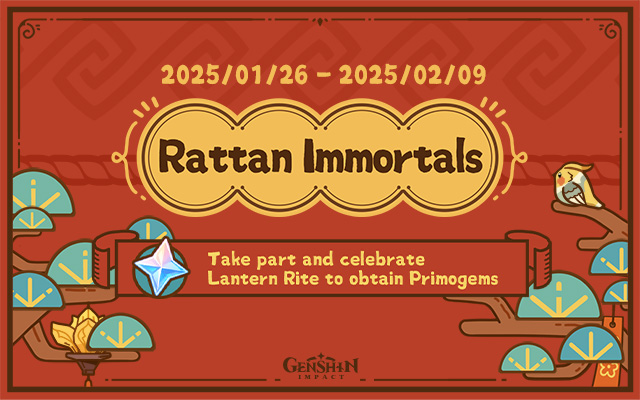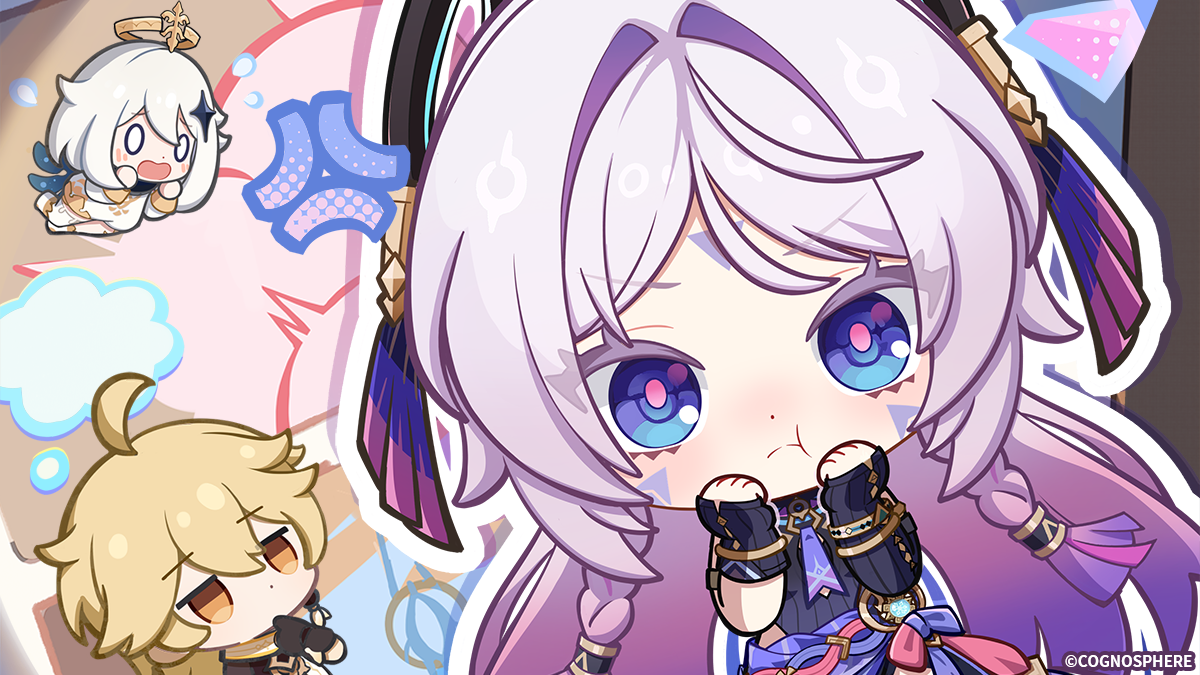
During your journey through Teyvat, you've heard some stories about your companions... Do you still remember any of these interesting tales?
Read more on Travelers' Tales Quiz Event.
During your journey through Teyvat, you’ve heard some stories about your companions… Do you still remember any of these interesting tales?

Hot springs have the effect of relieving physical and mental fatigue, and the right temperature can make the experience even more comfortable, yielding twice the result with half the effort.

Below are the details of the Version 5.4 update “Moonlight Amidst Dreams” and the update compensation.

The Mikawa Flower Festival is almost here, and Paimon can’t wait any longer!

Our developers are expected to begin performing update maintenance at 2025/02/12 06:00 (UTC+8). While the update maintenance is in progress, Travelers will be unable to log in to the game. Please stay tuned to related game update information.

Hello, Travelers! Here’s the February 2025 PC and mobile calendar wallpapers for you~ Feel free to save and use them as you like~

The limited-time web event “Rattan Immortals” has begun! Re-enact the story of the Eight Adepts with rattan figures and celebrate Lantern Rite!

The Springtime Charms event is about to begin! Have you decided which 4-star Liyue character you’ll invite?

From January 9 to 15, 2025, participate in Discord Quest for a chance to win in-game bundles containing Primogems.

Why is Citlali so angry? What exactly is the Traveler thinking?
